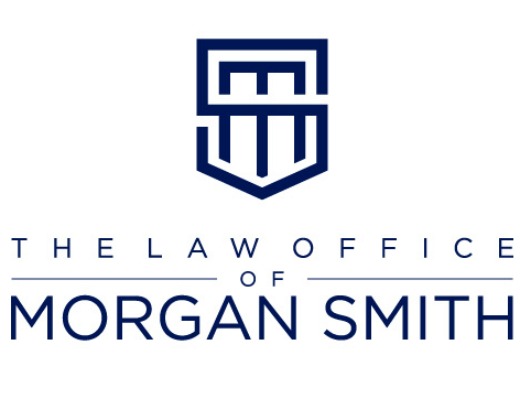One of the issues in contested divorces with children is the child support worksheet and deviations of the support. At its most basic, the child support is what it is, and your divorce lawyer will plug in the numbers and tell you what comes out. If you are contesting child support in your divorce, the most frequent issue is what number goes into the work sheet for your income. Some people are simple W2 employees and there is not much to fight about but others may be underemployed or self-employed, on a complicated bonus structure, or receive a lot of benefits from their employer in lieu of direct pay. These are things that are frequently contested. Sometimes as well, there may be a need for an upward or downward deviation due to travel costs or extracurricular expenses. These deviations can be quite large.
The original In Re: Andrea R. dealt with a Father who was ordered an upward deviation of his child support obligation for private school. The case was sent back to the trial court for rehearing, the trial court denied the upward deviation (as well as any arrears) and the Mother appealed this time. The Court of Appeals has affirmed the ruling in full in In Re: Andrea R. 2015. In the 2015 appeal, the Mother appealed the private school tuition and not receiving attorney fees which I would expect after multi-day trials and appeals greatly exceeded any possible child support amount at issue in the case. Although this was a juvenile case out of Nashville/Davidson County, the legal analysis of the court also applies to divorce in Tennessee.
Although many parenting plans call for joint educational decision making, typically what school the child attends will be determined by the school zone for the primary residential parent. If the school is not what the parent is looking for, they may enroll a child in private school, which may be upheld as reasonable however, if the PRP also wants the ARP to pay for it, the attorney for the ARP is going to be screaming bloody murder that their client did not make the decision to enroll the child and that they should not be required to pay for it. When determining whether an upward deviation for private school tuition is appropriate (“an extraordinary education expense”), the Court must make findings regarding the parents’ financial abilities and the lifestyle of the child. This is because it would be grossly unfair to unduly burden a parent financially with private school through the child support system unless they had the financial means to do it and the lifestyle of the child required it.
On remand, the Court found that a deviation was not appropriate in this matter. The Father made approximately $2239 per month, which is not a salary that can support private school tuition. The Mother had income of $1300 per month. The financial situation of the parties was not appropriate for a private school deviation. When considering a deviation, the Child Support Guidelines expressly require that the court:
“[S]hall consider all available income of the parents as defined by this chapter and shall make a written finding that an amount of child support other than the amount calculated under the Guidelines is reasonably necessary to provide for the needs of the minor child or children for whom support is being determined in the case immediately under consideration. Tenn. Comp. R. & Regs. 1240-2-4-.07(2)(a)(1).”
Parties who make $2300 and $1300 per month simply do not have the financial means for private school tuition and a deviation upward to pay for it is not appropriate under the current case law.
Other issues of note in this case: corporate veil piercing for child support and retroactive support
To read the full opinion, click here.
About Us: Divorce Attorney Morgan Smith is an attorney practicing in Middle Tennessee with her office located in downtown Nashville. She primarily practices in the areas of domestic and employment. She has tried and prevailed in domestic cases in Cheatham, Davidson, Dickson, Hickman, Montgomery, Robertson, Rutherford, Sumner, Williamson, and Wilson Counties. She most frequently practices in Davidson, Sumner, Williamson and Wilson Counties. Need a divorce lawyer? Call our office to set up an initial consultation at (615) 852-5028.

Thanks for the tip about how to pick the right school for your kids. It can be especially devastating when they have to move because of a divorce in the parental unit. A friend of mine recently went through that, and it was hard for the kids to transition to a new school. I’ll have to show him this. Thanks again!